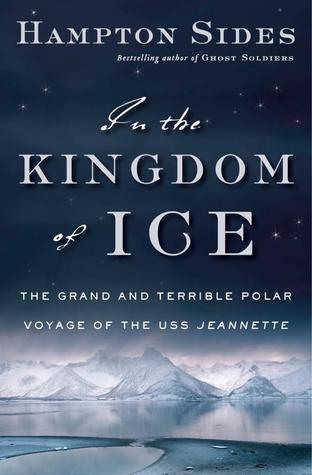More on this book
Community
Kindle Notes & Highlights
Read between
June 25 - July 27, 2025
“pagophile”—a creature that is happiest in the ice.
But in 1867, the United States had purchased Alaska from the czar for the paltry sum of $7.2 million, and this enormous new frontier lay untapped and largely unknown. Thus the national movement west, having reached California, had taken a right turn and become a movement north.
The United States in the 1870s was, De Long knew, far from being a world-class naval power. Although the U.S. Navy was slowly making advancements, many European nations viewed the tiny, antiquated American fleet as a joke.
Throughout his career, De Long would prove to be a man unafraid to badger his superiors in order to get things done. “He got what he wanted,” Emma said, “because he dared to ask for it.”
The idea, widely believed by the world’s leading scientists and geographers, went like this: The weather wasn’t especially cold at the North Pole, at least not in summer. On the contrary, the dome of the world was covered in a shallow, warm, ice-free sea whose waters could be smoothly sailed, much as one might sail across the Caribbean or the Mediterranean. This tepid Arctic basin teemed with marine life—and was, quite possibly, home to a lost civilization.


